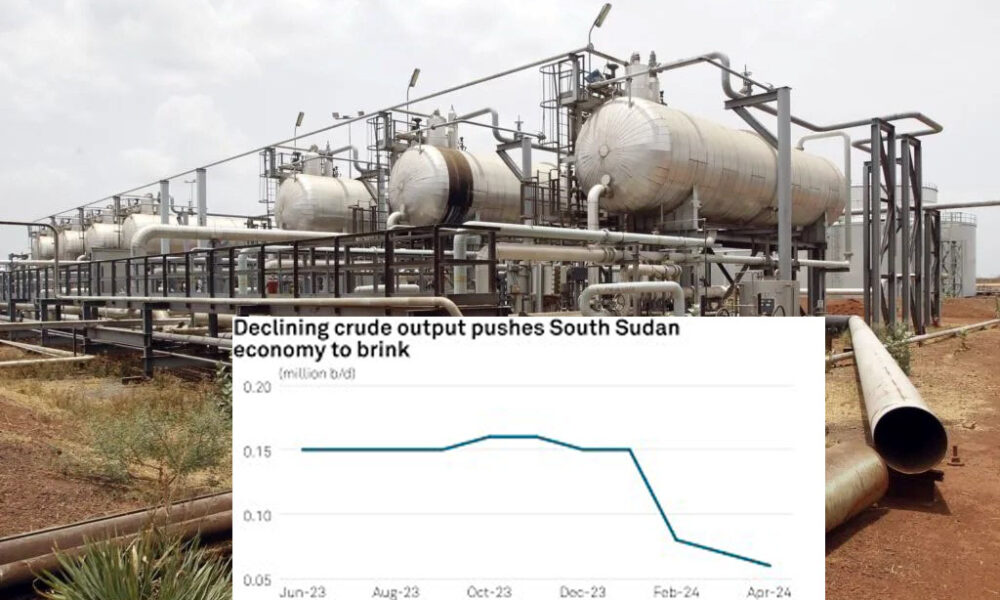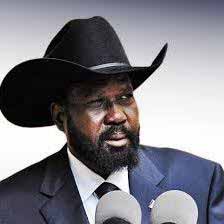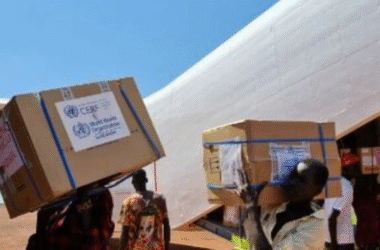By Deng Ghai Deng
An International Monetary Fund (IMF) staff team led by Ms. Mame Astou Diouf has concluded a visit to South Sudan, emphasizing the country’s significant macroeconomic difficulties stemming from external conflicts and internal disruptions.
The team’s preliminary findings indicate that South Sudan’s economy contracted by nearly 6% for the fiscal year 2023/24, largely due to the inoperability of a key oil pipeline that supplies approximately 70% of South Sudan’s oil exports, a situation persisting since February 2024.
In a statement at the end of the mission, Ms. Diouf noted, “South Sudan continues to face several difficult macroeconomic challenges, partly resulting from the spillovers of the war in Sudan and recurrent flooding that have negatively impacted economic and social outcomes.”
The report outlines a grim outlook for South Sudan’s economy, projecting a real GDP contraction of nearly 6% for the fiscal year 2023/24.
The decline in oil revenues has led to a rise in inflation and significant challenges in budget execution for 2023/24, alongside a depreciation of the South Sudan Pound.
“The mission focused mainly on performance and policies underpinning the third review of the PMB,” Ms. Diouf stated. “Discussions covered recent macroeconomic and policy developments, program performance, and near-term prospects and policy plans.”
The ongoing conflict in Sudan has not only disrupted oil exports but also resulted in an influx of refugees, further straining South Sudan’s already limited resources.
With budget execution proving difficult, the government has grappled with salary payment arrears and increased reliance on monetary financing.
The draft budget for 2024/25 has been submitted, including provisions for repaying accumulated salary arrears. However, significant challenges remain, particularly in managing inflation, which surged to 107.3% year-on-year by July 2024.
Looking ahead, the IMF stressed the need for a comprehensive reform agenda aimed at stabilizing the economy, which includes adjustments in fiscal, monetary, and exchange rate policies to navigate the ongoing oil production shock.
“Given the humanitarian situation, the authorities will also work with development partners to continue supporting the vulnerable population and reduce food insecurity,” Ms. Diouf added.
The IMF mission’s discussions with South Sudanese authorities included key government figures such as the Minister of Finance and Planning, the Governor of the Bank of South Sudan, and representatives from the private sector and diplomatic community.
IMF said as it prepares for continued discussions on the completion of the third review of the Staff-Monitored Program with Board Involvement, the situation in South Sudan remains precarious, calling for urgent and effective policy interventions.



